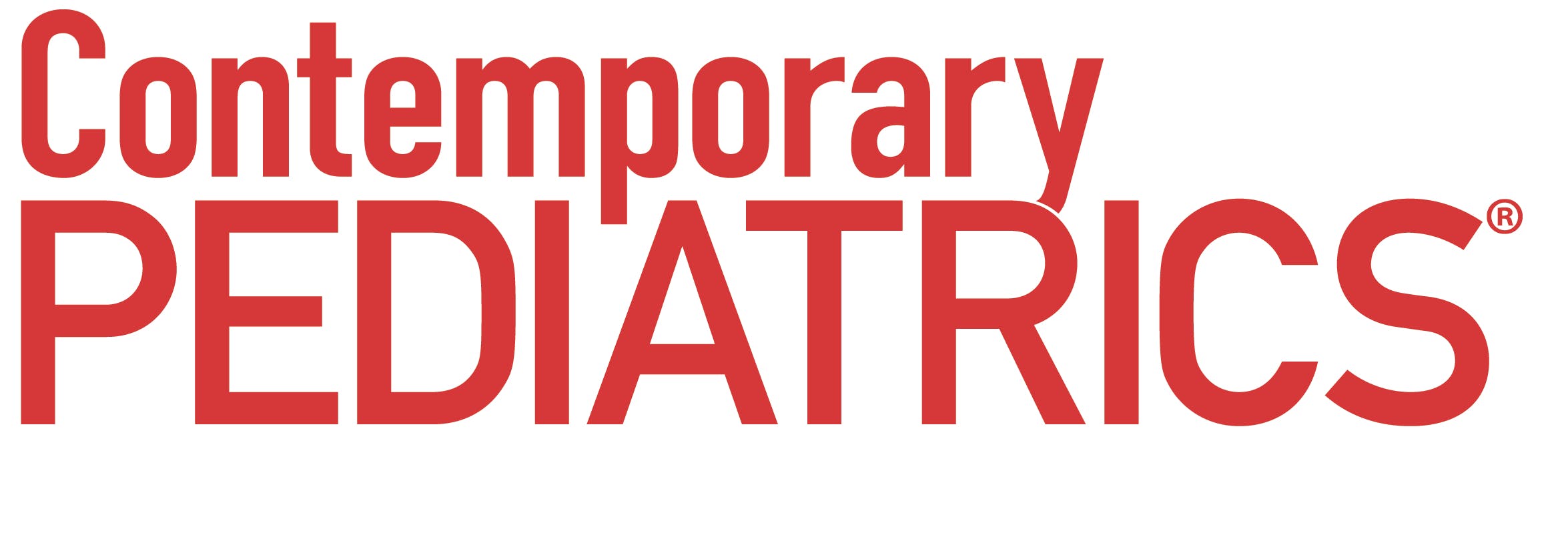Antiviral compound shows promise as therapy for RSV
The oral respiratory syncytial virus (RSV) entry inhibitor GS-5806 reduces both viral load and clinical manifestations of RSV infection, according to results of a trial in which investigators infected healthy adults with a nasally delivered clinical strain of RSV.
The oral respiratory syncytial virus (RSV) entry inhibitor GS-5806 reduces both viral load and clinical manifestations of RSV infection, according to results of a trial in which investigators infected healthy adults with a nasally delivered clinical strain of RSV.
Researchers administered the small-molecule antiviral agent or placebo to 140 participants (aged 18 to 45 years) either when they tested positive for RSV infection or 5 days after inoculation with RSV, whichever occurred first. The antiviral agent was administered to 7 sequential groups under varied dose and dosing regimens.
Compared with participants who received placebo, those given GS-5806 had a lower mean viral load as measured by the area under the curve, assessed after administration of the first dose through the 12th day after inoculation. In addition, mean total weight of mucus and mean change from baseline in total symptom scores (based on participants' diaries) were lower for those who received GS-5806 than for those who received placebo.
Although no serious adverse events occurred during the trial, mild or moderate adverse events, including low neutrophil counts and increased levels of alanine aminotransferase, were more common among participants receiving GS-5806 (DeVincenzo JP, et al. N Engl J Med. 2014;371[8]:711-722).

Ms Freedman is a freelance medical editor and writer in New Jersey. Dr Burke, section editor for Journal Club, is chairman of the Department of Pediatrics at Saint Agnes Hospital, Baltimore, Maryland. The editors have nothing to disclose in regard to affiliations with or financial interests in any organizations that may have an interest in any part of this article.










2 Commerce Drive
Cranbury, NJ 08512
All rights reserved.










